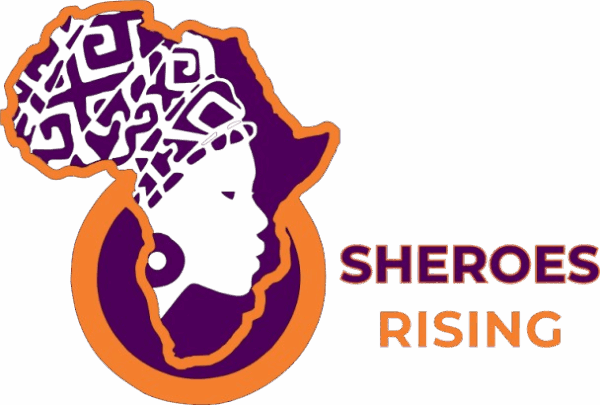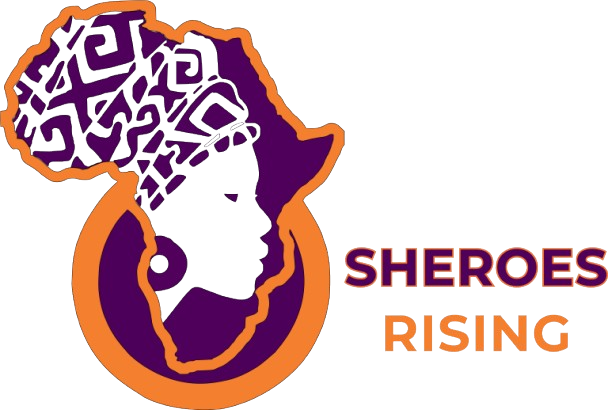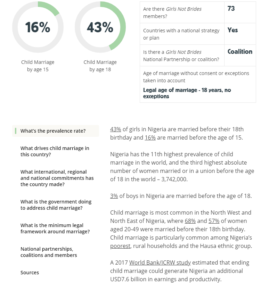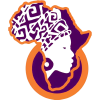Is one of the cancers ravaging our society; yet remains one of the highly neglected and unacknowledged issues. I have always wondered why and how something so prevalent and destructive can be so ignored. Judging by the current available rate and statistics on domestic violence it sure does not seem like women are safe anywhere, not even in their own homes. Cases of Domestic violence is on the high and show no signs of reduction globally regardless of age, tribe, religion, or even social status to such an extent that it’s been regarded as a pandemic.
There was a time when it was assumed to be a trait of poor people; born out of the frustrations of poverty but events and circumstances over the years have proven otherwise. Both poor and rich people can be abusive, just as both poor and rich people can be victims. Gender and domestic violence are some of the most common epidemics across every society and culture globally. It is something all societies have in common, except the rates and degree differ by location and of course the deliberate laws and regulations put in place by the society’s leadership to stem it. Global estimates say that 1 out of every 3 women has experienced violence at least once in their life (considering that not every victim reports their abuse, I guess it could be higher) and that is why it is referred to as a pandemic. The rate of domestic violence in Nigeria has been on the rise too, since the coivd19 lock-down in 2020, sometimes leading to unintentional manslaughter. It may be unintentional, but the onset of it remains the act of violence and intent to cause harm by people who are supposed to love and protect the victims from harm. Being abused by intimate partners and family members enables domestic abuse to continue to fester as most of the victims do not speak out about these abuses and violations of their rights.
The family on the other hand also plays a part in enabling the abuse with nonchalance, insensitivity, and negative response to the abuse and violations, mandating the victim to remain in the abusive environment. This nonchalant attitude of families towards the abuse of the women in the family is also abuse because it enables it. And that which you enable, you encourage. Recently, a young lady contacted me seeking help. Her story devastated me greatly because I know her husband. Young, successful, and a seemingly happy couple within the first decade of their marriage. The narratives of abuse were unpleasant and upsetting, the saddest thing is her father knows and he keeps sending her back every time. I don’t know what it is about fathers that send their daughters back to their abusive husbands. There is nothing religious or cultural about abuse and enabling it. Abuse defies everything that is religious and cultural. Religion and culture are beautiful things, but abuse is not. She needed help because she did not wish to return to her abuser, so I referred her to WRAPA, but she never went. She is now back with her abuser, who then called to accuse me of wanting to destroy his family. This behavior is called gas-lighting. Gas-lighting happens when an abuser controls the victim twisting their sense of reality by doing something abusive and denying it or blaming the victim instead. Gas-lighting is abuse in itself, and it is a tool that abusers use every time. It is a common thing with abusers, to be violent, cause harm and pretend it never happened or they are not responsible. Most times, abusers especially family members argue that the abuse is because they love the person they abuse. Ridiculous right? Love and abuse cannot exist in the same space. Abuse and love cannot function in the same environment. Abuse only exists where love is absent and vice versa. The moment you find yourself fluctuating between love and abuse, you need help. I always say if Maryam Sanda’s family had listened to her whenever she ran home instead of hurriedly sending her back; if they had listened to her when she demanded a divorce; Bilyaminu would have been alive today. But nay! She got sent back every time until the inevitable happened. The same continues to happen with many women today; until the inevitable happens.









